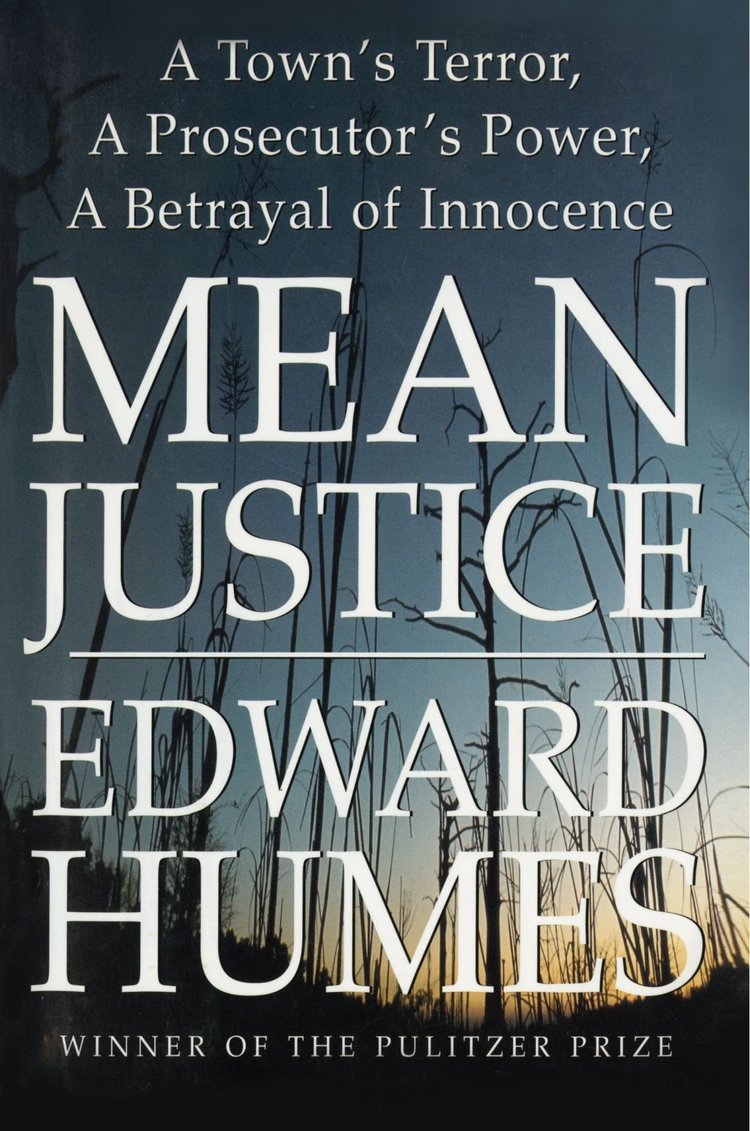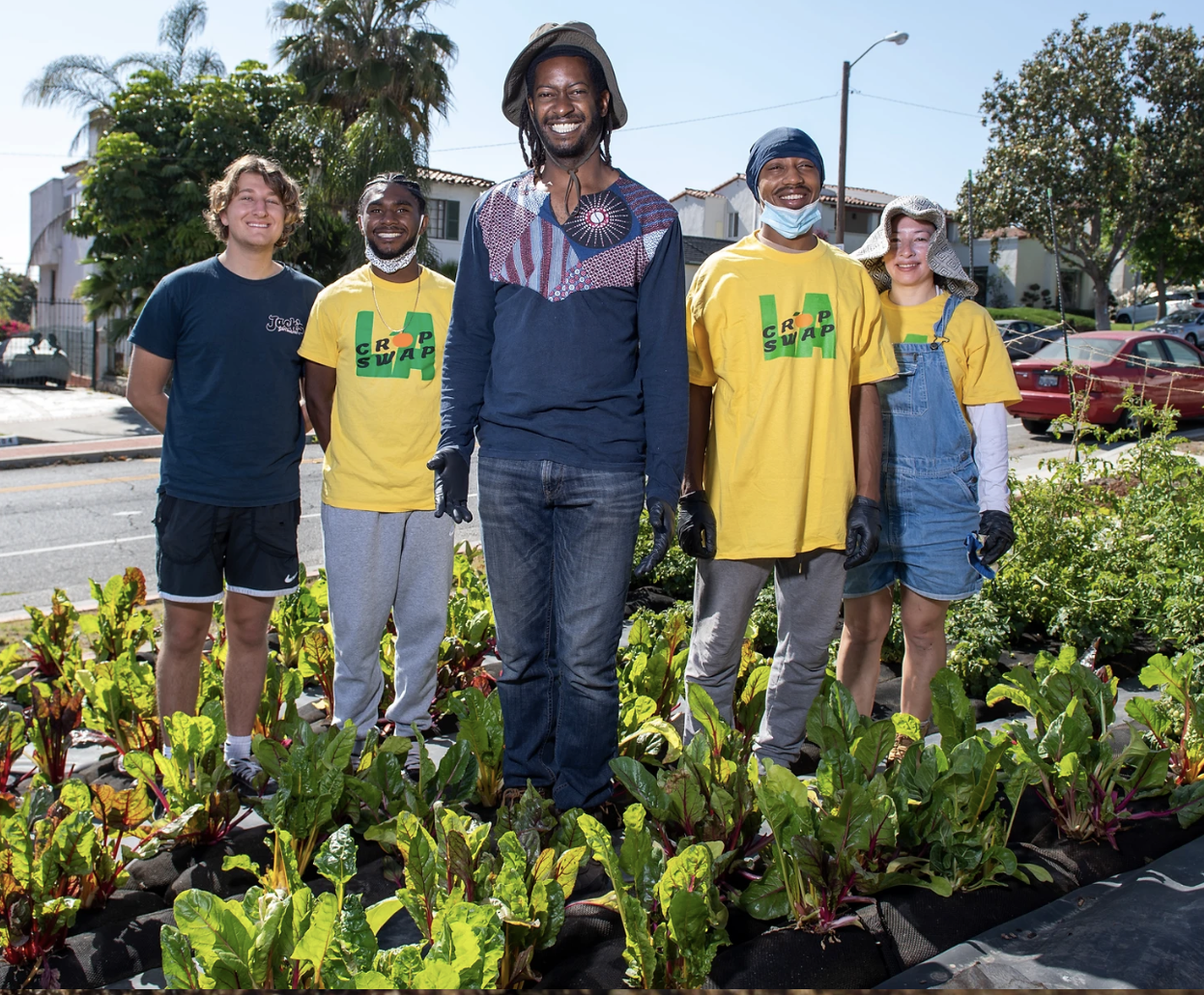Dispatches from the road and 'Total Garbage' news
My favorite experiences since Total Garbage’s publication have been connecting with people all across the country who are finding new ways to overcome our planet’s arch villain: waste.
My book tells the stories of ordinary people who are crushing waste as the best way to fix the many environmental crises it drives, from plastic pollution to climate change. In response, I‘ve heard from readers with their own stories of creatively up-cycling unwanted goods instead of tossing them in the trash. Others shared their experiences diving into the reuse economy with thrifting, the fastest growing and least wasteful segment of the fashion industry—and one of the best ways to score a good deal too.
I’ve talked with owners and patrons of zero waste stores, such as GoGo Refill in Maine, where I spent a delightful cocktail hour with owner Laura Marston and the shop’s dedicated community of waste warriors. There I met Alexandra Doudera, director of ocean stewardship nonprofit Saltwater Classroom. Lexi and Laura partner on an innovative litter clean-up project, Rubbish! that stages volunteer morning coffee and happy hour trash pickups, combining good deeds with good times.
Here in Santa Barbara I met with the Climate Stewards at the Community Environmental Council’s Eco Hub, an extraordinary program that shows local residents how to launch sustainable projects that spark change right in their own neighborhoods. (It’s a model for communities everywhere.)
Small changes add up
At Chautauqua, the historic summer arts and literature gathering place in upstate New York, I led a discussion about solutions to waste. The audience eagerly joined in.
Many spoke of tending lush home vegetable gardens and supporting farmers’ markets as their favorite (and most delicious) solutions to food waste as well as plastic packaging trash. Others were enthusiastic supporters of repair cafes, where volunteers fix electronics, appliances, lamps, furniture and other household items that would otherwise land in landfills. When I got home, I received the nicest letter from Kelly Ann Boyce, president of the Chautauqua Women’s Club, saying her group felt motivated after our conversation, too:
"I want you to know yesterday we made the following changes. We ordered new glass plates to replace our plastic ones, increased our glass ‘water glasses,’ purchased a water cooler, and changed to shampoo dispensers. It’s a big start! "
I love that! Small steps add up to big changes at an annual gathering that welcomes more than 100,000 visitors every summer.
Total Garbage Trailer, narrated by Pulitzer Prize-winning author, Edward Humes
Now you’re cooking… without gas!
I’ve also been so inspired by the next generation of sustainable chefs, industry leaders like Pittsburgh’s Chris Galarza and Maine dynamo Rachelle Boucher, formerly private chef to Star Wars creator George Lucas and proud owner of multiple light sabers.
These two chefs are leading the charge to swap the wasteful, polluting energy hogs we call gas burners for clean, efficient electric induction stoves—the magic of cooking with magnets instead of fire. They remind us that waste isn’t just what we roll to the curb each week. Chris and Rachelle, as well as many other chefs, have embraced induction because it wastes far less energy (induction stoves are 90% energy efficient vs. a wasteful 35% for gas). As a result, they cook twice as fast, emit no pollutants, and save tons of money on air conditioning and ventilation in commercial kitchens.
After reading about the chefs in Total Garbage, my cousin Dorothy Davis in New York surprised me with a note that she had ordered an inexpensive countertop induction cooker for $69. Dorothy, who has been dealing with long Covid and finds herself frequently out of breath, says the change made a difference in her health in less than two weeks. What really got her attention was how homes with gas stoves have a 42% higher risk of asthma and respiratory ailments in children and vulnerable adults.
“I’ll never cook with gas again,” she says. “Everyone needs to know about this.” Her breathing is much better since she switched. And she loves cooking with it. This is a common outcome for people who make this switch— or any change that reduces waste and the environmental harms it causes.
It’s not about giving up stuff we love, but upgrading to stuff we love more. Chefs Chris and Rachelle have found that once they persuade even their most traditional, gas-loving colleagues and home cooks to try it, most find they love induction more, too.
College Campuses: Ground Zero
One of the most hopeful environmental trends is how students and universities are leading the charge to save the planet—not just on their own campuses, but in their surrounding communities, too.
A great example of this new student-townie relationship is the game-changing sustainability partnership between a rural campus of the University of Minnesota Morris and the farmers next door. The students I met there are enthusiastic composters, thrifters, renewable energy innovators, and repairers—especially when it comes to fixing or up-cycling clothes. Their zero-waste, money-saving, planet protecting ways have rubbed off on their farmer neighbors. I wrote about what’s happening in Morris and in other farm towns like it for the Wall Street Journal.
The coolest part is the easy partnership between progressive students and conservative townies. "We never made it about climate," former city manager Blaine Hill recalls. "We just did it because it makes sense. And the more we did, the more we wanted to do."
Visits with other campuses and community groups
More visits with colleges and communities reading Total Garbage are in the works. I am excited to announce that, first up, the students in the First Year Honors Program at California State University-Fullerton will be reading Total Garbage this fall. More details soon.
Click here if you're interested in hosting a community or campus Total Garbage event.
Speaking of thrifting….
I had a blast taking a deep dive inside the massive headquarters of the world's largest online thrifting nonprofit for Alta Journal. The result was “Goodwill Hunting.”
8 Tips from the ‘Trash Genius’
Plastic recycling is a failure and always had been—only about 6% of our plastic trash gets recycled. As a result, microplastic waste is now lurking everywhere — in our food, our water, our air and our bodies. Scientists are finding this may pose a serious health risks, particularly for such ailments as Alzheimer’s and Parkinson’s diseases.
How big is the problem? As of now, we are consuming a credit card’s worth of plastic every week. In Total Garbage, I dig into this story through the eyes of engineer Jenna Jambeck of the University of Georgia, a MacArthur genius grantee, 2024 SEC professor of the year, and a leading plastic pollution researcher. She lives and breathes trash and landfills and overstuffed grocery aisles, fascinated by the stories they tell, even as she is appalled by the damage our most wasteful civilization in history does to nature.
“I also have an emotional tie to landfills,” she told me during a recent visit to California to meet with follow plastic pollution researchers, "because I fell in love with my husband working with him at a particularly smelly one in Florida. Scents are so closely tied to memory that I often get happy reminisces of our courtship when I smell a landfill, or even just walking past a stinky dumpster.”
Jenna shared how she tries to reduce plastic waste at home:
Bring a reusable stainless steel flask outside the home to avoid buying drinks in single-use plastics when thirsty.
Choose glass or aluminum when you do have to buy drinks in single-use containers.
Avoid plastic-packaged products if there are comparable, affordable versions without plastic.
Store food in reusable glass or ceramic containers and also microwave in those.
Avoid personal care products with phthalates (chemicals to make plastic soft and pliable) and other petroleum-based ingredients and fragrances.
Shop at your local zero waste or refill store you can bring your own containers for soaps, shampoos, detergents and other items in bulk.
Start slowly, with just one thing so you don’t get overwhelmed. Once that becomes familiar and easy, add another.
Every time you make a small change it makes a difference. So don’t give up even if you forget now and again.
ICYMI
The Next Big Idea Book Club made Total Garbage one of its selections and asked me to share five takeaways from the book for people who want solutions they can embrace. You can read them or listen to me read them to you here.
You'll find more information about Total Garbage and my other work at edwardhumes.com, including a Reader Discussion Guide for book clubs and community groups, and a Classroom Discussion Guide for teachers and students reading Total Garbage.
And here’ my ABC News interview about solutions to plastic pollution and other waste-related environmental calamities.
Upcoming Events
Aug. 8: I’m heading down to the wonderful Long Beach Library Foundation for a conversation about Total Garbage with Dr. Peter Kareiva, president of the Aquarium of the Pacific and a UCLA research scientist, and Julie Darrell, owner of BYO, two zero-waste shops ing Long Beach, California, affiliated with the ocean conservation nonprofit and pioneer of plastic pollution research, Algalita.
Aug. 22: I’ll be meeting a virtual book club hosted by the Upper Midwest Association for Campus Sustainability from 11 a.m. to 12:30 p.m. PT.
Sept. 9: Join me at a virtual meeting of the Climate Reality Project from 7 p.m to 8 p.m. PT.
Thank you for taking the time to read my newsletter and please be sure to reach out with your own waste-busting and sustainability stories and takeaways.









